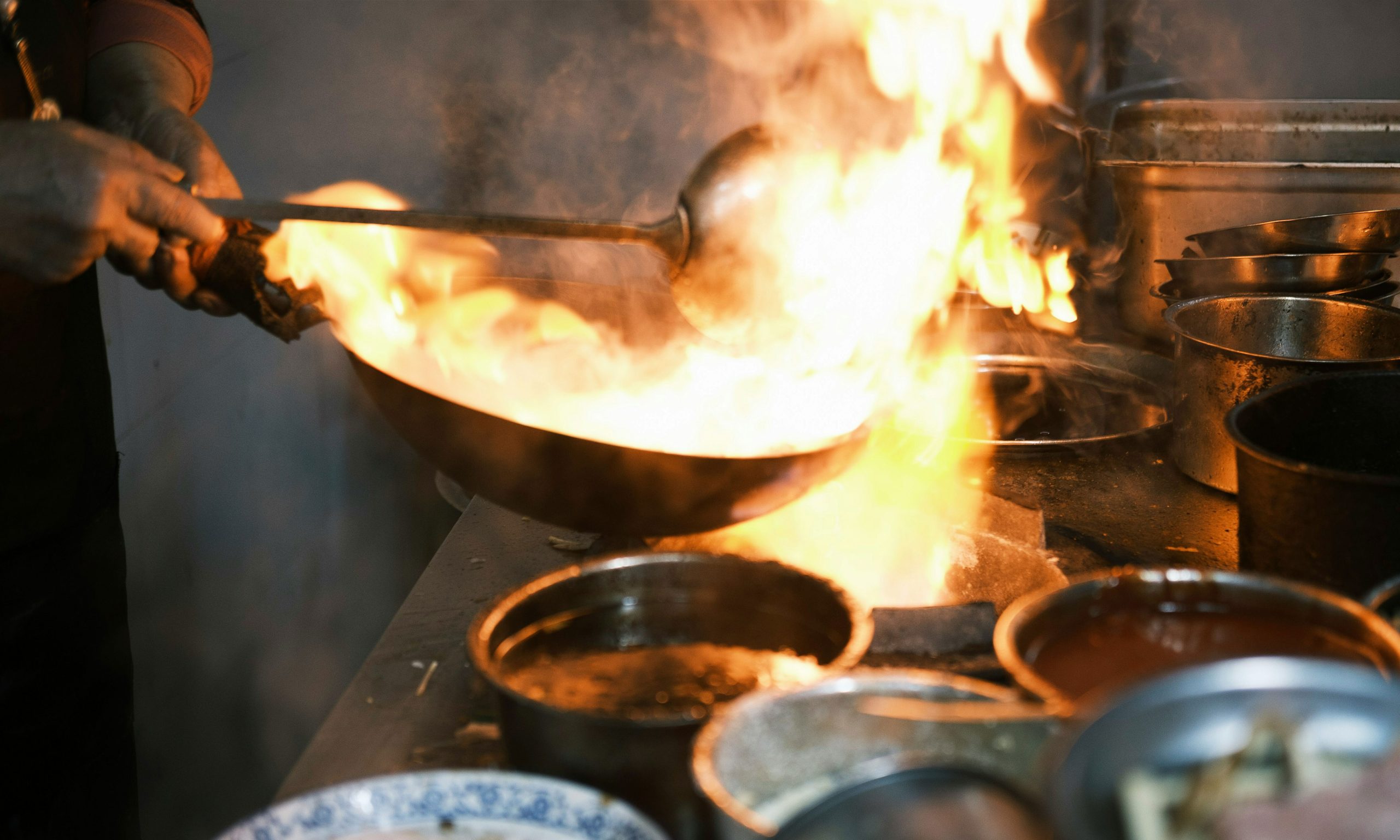North Korea Hosts Dog Meat Cooking Competition to Promote Traditional Cuisine
North Korea recently organized a dog meat cooking competition in its capital, Pyongyang, as part of efforts to promote the consumption of dog meat as a traditional summer health food. The event was reported by state media and aimed to enhance culinary practices and preserve local food culture.
The competition, described as a “sweet meat” contest, took place at a well-known restaurant in Pyongyang. This term is used as a euphemism for dog meat in the country. According to reports, around 200 participants attended the event, which marked a significant increase compared to the previous year’s turnout. The contest was designed to bring together chefs and food enthusiasts to refine their cooking techniques and exchange recipes related to sweet meat soup.
A local official from Pyongyang explained that sweet meat soup is considered an energy-boosting dish, traditionally consumed during the hot summer months. The event was seen as an opportunity to highlight the nutritional benefits of the dish while also encouraging innovation in its preparation. By promoting this practice, North Korea aims to strengthen cultural ties and reinforce the importance of traditional foods in daily life.
The government has long supported the consumption of dog meat, viewing it as part of the nation’s heritage. In 2022, sweet meat soup was officially recognized as a regional intangible cultural heritage. This designation underscores the significance of the dish within North Korean society and reflects the country’s commitment to preserving its culinary traditions.
Despite this, the practice of eating dog meat remains controversial, especially when compared to neighboring South Korea. In 2023, South Korea passed a law banning the breeding, sale, and distribution of dog meat starting in February 2027. This move was driven by growing public concern over animal welfare and changing social attitudes toward the consumption of dog meat.
While North Korea continues to support the tradition, the contrast between the two countries highlights the evolving perspectives on food culture and ethics across the Korean Peninsula. The recent competition in Pyongyang serves as a reminder of how deeply rooted certain culinary practices can be, even in the face of global shifts in dietary norms.
Cultural Significance and Regional Context
The promotion of dog meat in North Korea is not just about food; it is also tied to national identity and historical traditions. For many residents, the consumption of dog meat is part of a broader cultural narrative that includes seasonal customs and communal gatherings. The competition in Pyongyang reflects a desire to maintain these connections, even as the world changes around them.
In addition to the cultural aspect, the event may also have economic implications. The dog meat industry in North Korea is believed to provide employment and income for some communities, particularly in rural areas. By supporting such practices, the government may be reinforcing local economies and ensuring the sustainability of traditional food sources.
However, the international community has often criticized the treatment of animals in the context of dog meat consumption. While North Korea does not publicly address these concerns, the recent focus on culinary traditions suggests a strategic effort to frame the practice as a matter of cultural preservation rather than ethical debate.
As the world continues to evolve, the question of how to balance tradition with modern values remains a complex challenge. For North Korea, the dog meat cooking competition is more than just an event—it is a reflection of its ongoing efforts to uphold its unique cultural identity in a rapidly changing global landscape.







